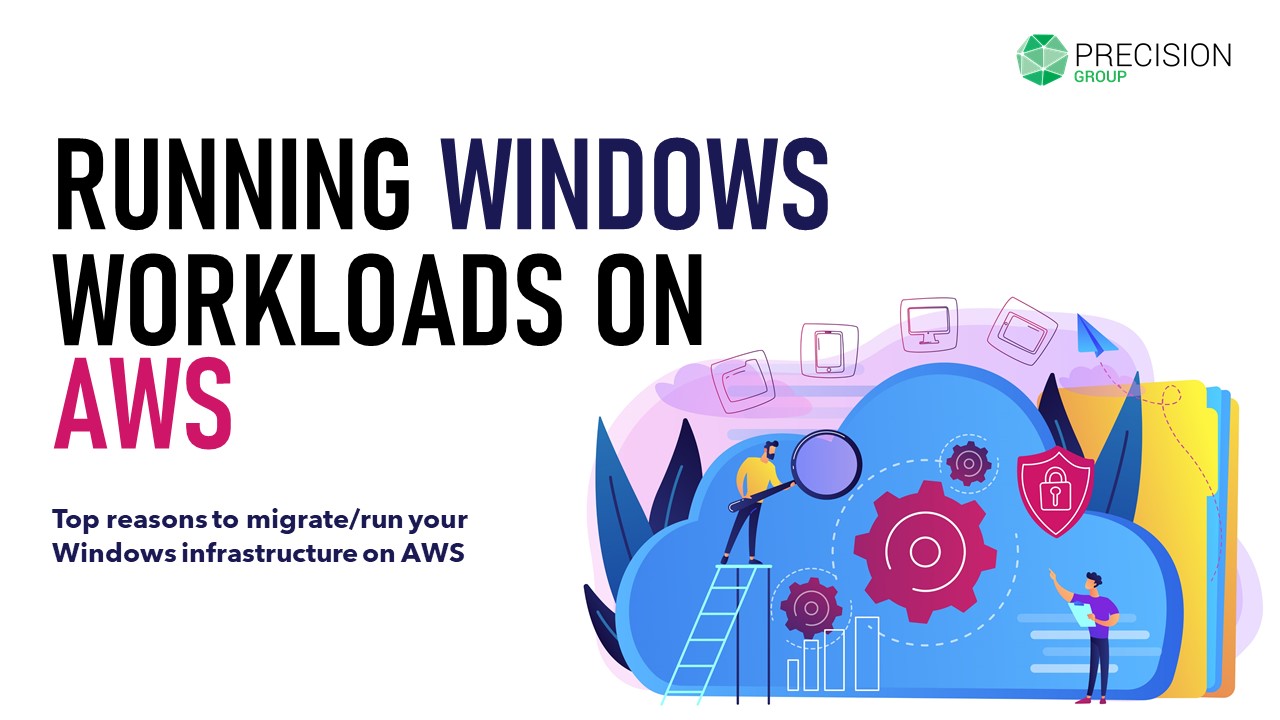HOW CLOUD TECHNOLOGY CHANGED THE FILM MAKING LANDSCAPE & STREAMING SERVICES
Cloud computing has revolutionized the movie-making industry, providing filmmakers with new and powerful ways to create, store, and distribute their content. From independent filmmakers to major Hollywood studios, the use of cloud technology has become an essential tool in the creative process.
There are various importance of using cloud in movie making; it enables filmmakers to access and store vast amounts of data remotely, collaborate with team members across locations, and scale computing resources up or down based on their needs.
One of the biggest advantages of cloud computing in movie making is the ability to store and access large amounts of data remotely. In the past, filmmakers would have to store their data on physical media, such as hard drives, and transport it to different locations. This process was time-consuming, expensive, and risked data loss. With cloud, filmmakers can store their data on remote servers and access it from anywhere in the world. This makes it easier to collaborate with team members in different locations and reduces the risk of loosing data.
Collaboration is another key benefit of cloud computing in movie making. With the cloud, filmmakers can work together on a project from anywhere in the world. They can share files, edit, and review content in real-time, and provide feedback to one another. This level of collaboration is essential in a movie-making environment where many different people are involved in the creative process.
Finally, the cloud allows filmmakers to scale their computing resources up or down based on their needs. This is important because moviemaking is a resource-intensive process that requires a lot of computing power. With the cloud, filmmakers can access a vast array of computing resources, including processing power and storage, without having to invest in expensive hardware. This makes it easier for smaller production companies and independent filmmakers to compete with larger studios.
FOR STREAMING SERVICES:
Cloud technology has played a significant role in the success of streaming services, such as Netflix, Amazon Prime Video, and Hulu. These services use cloud computing to deliver video content to users around the world in a fast, reliable, and cost-effective way.
One of the key advantages of cloud technology for streaming services is scalability. Streaming services must handle a massive amount of traffic and data, particularly during peak times. Cloud computing allows these services to scale up or down their computing resources on-demand, depending on the volume of traffic they are receiving. This means that they can handle sudden spikes in traffic without experiencing any performance issues, ensuring that users have a seamless viewing experience.
Another advantage of cloud technology for streaming services is reliability. Cloud-based streaming services use multiple servers and redundant data centers to ensure that there is no single point of failure in their infrastructure. If one server or data center fails, the service can automatically switch to another one, ensuring that there is no interruption in the delivery of content to users.
Cloud technology also enables streaming services to store and deliver video content in different formats and resolutions. This is important because users have different devices and network speeds, which means that they may require different video formats and resolutions. Cloud-based services can deliver video content in a range of formats, from low-resolution mobile video to high-definition TV-quality video, ensuring that users can enjoy the content on any device they choose.
Finally, cloud technology enables streaming services to offer personalized recommendations and user experiences. Cloud-based services can analyze user data, such as viewing history, search queries, and ratings, to provide personalized recommendations and tailor the user experience to each individual user. This helps to keep users engaged and interested in the service, leading to increased usage and loyalty.
In conclusion, cloud technology has played a vital role in the success of both streaming services and the movie-making industry. It enables streaming services to deliver content in different formats and resolutions, handle massive amounts of traffic, ensure reliability, and provide personalized experiences. In the movie-making industry, cloud computing provides filmmakers with a powerful set of tools for creating, storing, and distributing their content. As both industries continue to evolve, the cloud will undoubtedly remain a critical component in their success.












